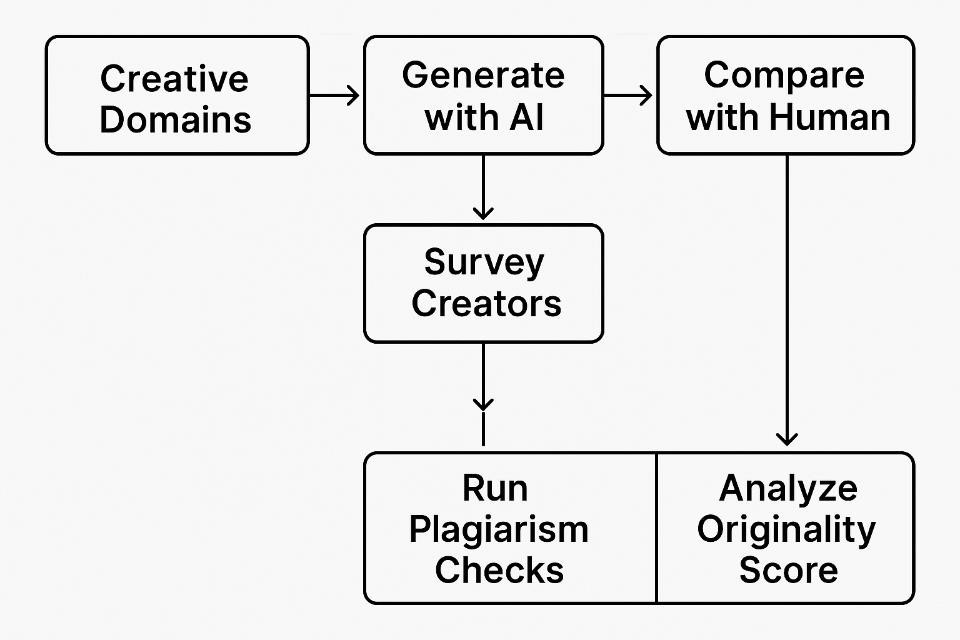AI-Assisted Creativity: Balancing Innovation and Authenticity in the Digital Era
Main Article Content
Abstract
Generative Artificial Intelligence (AI) is revolutionizing the creative landscape by enabling rapid ideation, style transfer, and iterative concept exploration. However, the rise of AI-generated content raises questions about originality, authorship, and the nature of creativity itself. This paper explores the theoretical framework underpinning generative AI, drawing on theories from psychology, philosophy, and technology. We examine the concept of distributed creativity, which suggests that creativity is not confined to the individual mind but is distributed across tools, environments, and collaborators, including intelligent machines. While generative AI can produce novel combinations of learned material, its originality is limited by its reliance on past data, lack of personal experience or intent, and probability-based output. We argue that AI should be viewed as a tool for extended cognition rather than an independent creator, aligning with the Extended Mind Theory. The ethical concerns surrounding AI creativity, such as attribution, data rights, and cultural homogenization, are discussed through the lens of non-human centred Theory and Actor-Network Theory. This paper highlights the tension between enhanced creativity through collaboration with AI and diminished originality due to algorithmic mimicry, positioning generative AI as a tool that amplifies human creativity while challenging traditional notions of artistic authorship and innovation.
